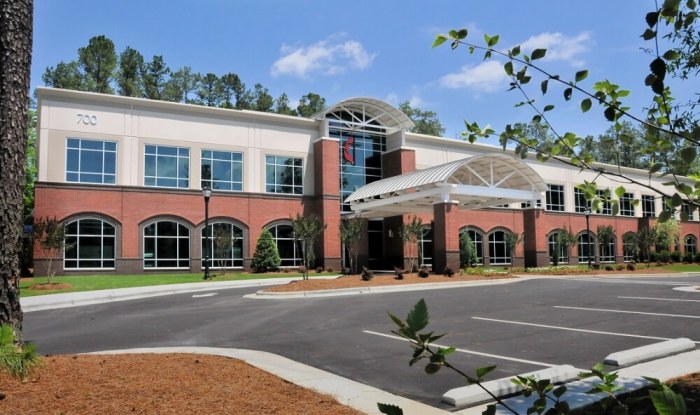249 North Carolina churches leave UMC amid homosexuality schism

Nearly one-third of the congregations belonging to a regional body of The United Methodist Church have left the mainline Protestant denomination amid its ongoing debate over homosexuality.
At a special called session of the UMC North Carolina Conference Saturday, delegates voted 957-165 to approve the disaffiliation votes of 249 congregations seeking to leave the denomination.
According to a statement from the North Carolina Conference, the number of departing congregations represented 32% of the regional body's member churches and about 22% of its membership.
"The future is bright, especially because God has something to do with it," said North Carolina Bishop Leonard E. Fairley.
"We know the end of this story because of who Jesus Christ is. May you hold each other dear regardless of what we voted on here. Hold each other dear in your prayers."
Members of departing congregations who wish to remain with the UMC are given the option to connect to The United Methodist Collective of North Carolina, which the conference described as "a hybrid mission congregation created to provide connection and resources related to worship, discipleship, mission, sacraments, and pastoral care for people living in areas where there may no longer be a United Methodist church after the disaffiliation process is complete."
In addition to the recently approved departure of the 249 congregations from the North Carolina Conference, the Western North Carolina Conference reported 41 of their 990 congregations voted to disaffiliate earlier this year, with at least seven others recently beginning the process of discernment for disaffiliation.
The UMC, the second-largest Protestant denomination in the United States, has experienced a divisive debate in recent years over its official stance, labeling homosexuality as "incompatible with Christian teaching, in the Book of Discipline.
Although theological liberals have failed to change the UMC's official position, many progressive leaders have refused to enforce the rules against blessing same-sex unions or ordaining noncelibate homosexuals.
A process for disaffiliation was established by the 2019 General Conference of The United Methodist Church.
The special session in North Carolina was called for the sole purpose of ratifying requests for disaffiliation from churches that have met the requirements outlined in the Book of Discipline and the conditions set by the Conference Trustees in October, which requires two-thirds approval from eligible church members in each congregation and a majority vote from Annual Conference members.
The disaffiliation will be effective Dec. 31 for churches that completed all parts of the disaffiliation agreement.
In May, the Global Methodist Church launched as a theologically conservative alternative to the UMC, with many congregations across the country joining the nascent denomination.
The Rev. Jerry Lewis, the North Carolina organizer for GMC, told The Carolina Journal in October that he believed at least 226 congregations would leave the North Carolina Conference.
Lewis said at the time that 180 churches had already voted to leave by October, while around 80 more might also leave the UMC by next year.
"We're delighted at the sheer amount in what we called the 'first wave,'" said Lewis. "To have 180 in this first phase is kind of mind-boggling in regard to everything they had to accomplish to reach this state in such a short amount of time."
Earlier this month, 58 churches disaffiliated with the UMC Louisiana Conference during a special session. Among those congregations is St. Timothy on the Northshore in Mandeville, which held a disaffiliation vote earlier this month. The church claims over 6,000 members.
Other prominent churches in Texas,Louisiana and Arkansas have also announced intentions to leave the UMC.
In June, 70 congregations disaffiliated from the UMC North Georgia Conference, representing 9% of its churches and 3% of its members.




























